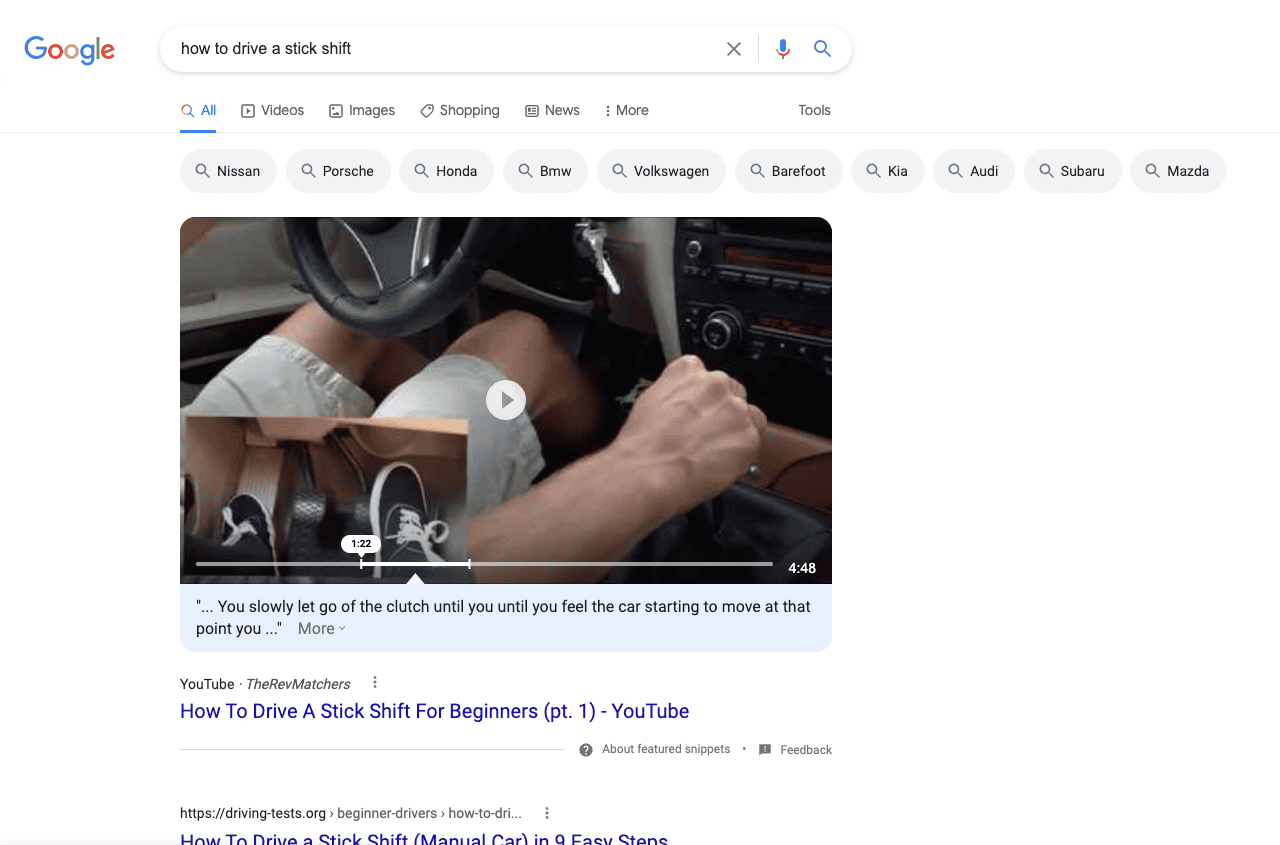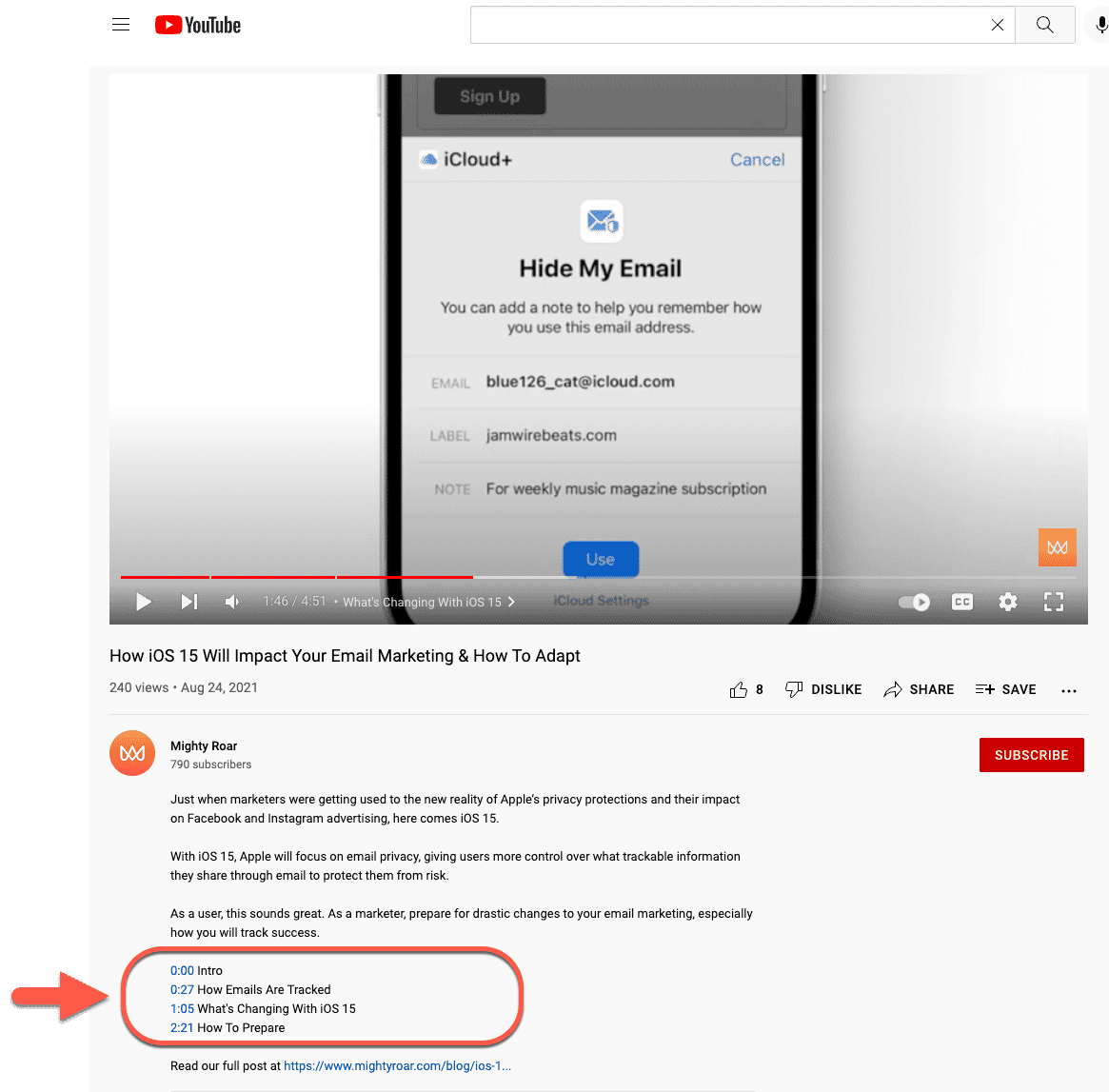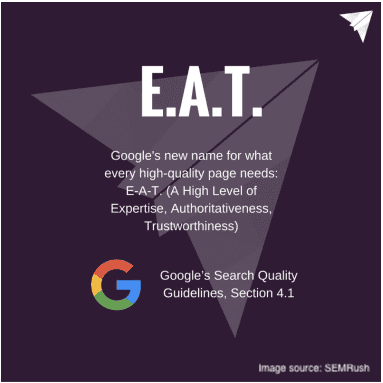Mighty Roar Wins w3 Award, Telly, & Top 100 Marketing Agencies Ranking
As we close the books on a bizarre year, we're incredibly grateful for our fantastic team and clients that enabled our success – regardless of what...

Search engine optimization (SEO) is constantly evolving and the pace has shown no signs of slowing.
Last year, Google made several significant algorithm updates such as the Core Web Vitals and Page Experience Updates. This year, experts expect search engine optimization updates to focus on accessibility, mobile-friendliness, and improved user experiences. Here are 3 SEO trends to keep an eye on:
Google's page experience rollout is expected to be completed this month This will place the same page experience expectations on desktop as there currently are on mobile, namely:
Ensuring your site is accessible by everyone should be standard practice, but the tactics to meet these criteria involve descriptive page titles, CTAs, alt text, and more that will also improve your SEO.
Over the past year or so, every social media platform has signaled a shift to video, but you may have also noticed that an increasing amount of search engine results pages now include video in prominent positions as well.

It's clear that video content needs to be part of your SEO strategy in 2022 and beyond. Here are just a few of the areas you should be optimizing:

The past few years have seen a spike in mis- or disinformation and a resulting distrust in online information. This makes Google's concept of E-A-T, or Expertise, Authoritativeness, and Trustworthiness, vital to how Google ranks your content. The concept of E-A-T comes from Google's Search Quality Evaluator Guidelines.

To become viewed as an expert, it's important that you are focused on your key audience and are writing content that they are interested in. This may take time, but being viewed as an expert means that your audience thinks of you as a go-to source of information for your particular field or category, so make sure you stay in your lane.
While expertise has a lot to do with your content creation, becoming an authority requires some outside help. However, the more of an authority on a topic you are the more Google will trust you as a quality result shown to searchers. So how do you become an authority in Google's eyes?
Lastly, trustworthiness is the more technical of the three and has a lot to do with how your site is structured. Particularly:
Keeping up with Google's changes and expectations for your site and content can be a dizzying task, so we recommend prioritizing and focusing on the basics top start.
Ensure your site is not overly complex, easy to navigate, and relevant to your target audience, and that your existing content is as optimized as possible. Ultimately, the more you focus on understanding your target audience and what content they value from you you'll notice the rest of the pieces will begin to fall into place.
After all, as mysterious and complex as SEO may seem, it really boils down to providing helpful, accurate, engaging information to the audience looking for it. And that is a trend that will last beyond this year.
Sign up for our monthly newsletter to receive updates.

As we close the books on a bizarre year, we're incredibly grateful for our fantastic team and clients that enabled our success – regardless of what...

Another year down, which means it's time for marketers everywhere to shift from execution mode to evaluation mode.

I don't believe I'm alone in saying that each year seems to fly by, and before you know it, we, as marketers, are back in the planning phase,...